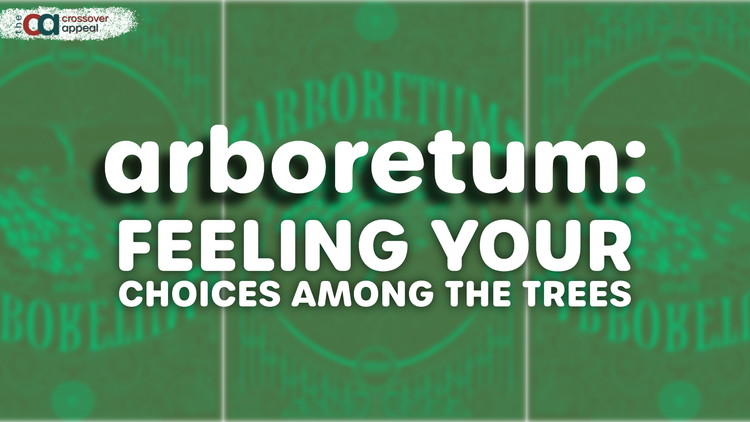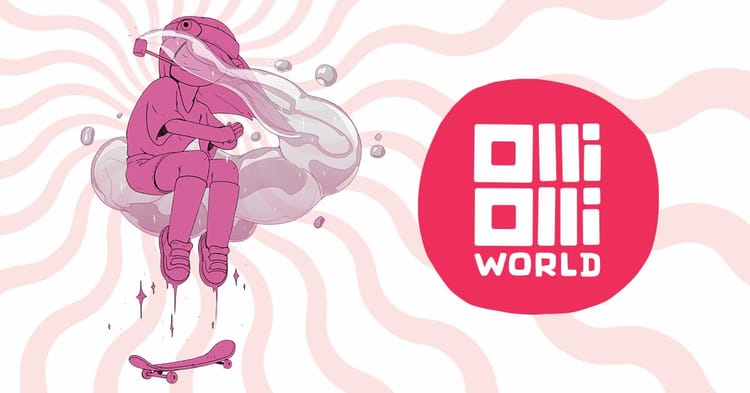Exhalation by Ted Chiang: A Review
And words were not just the pieces of speaking; they were the pieces of thinking.
The novum is the beating heart of science fiction. Coined by Darko Suvin, a Yugoslav-born academic whose pioneering work in literary and dramatic analysis of science fiction remain influential today, the novum is the technical innovation that distinguishes the world of a science fiction story from our own. It’s Wells’ time machine, Mass Effect’s mass relays, and Star Trek’s ion propulsion systems. The novum is what clears the space for science fiction to do its work — it estranges you from your own world by planting an idea in your brain that colors everything in clear blue light. What the best science fiction writers know, is that when you look back up into our own world, that light stays on.
Exhalation, a collection of stories by Ted Chiang, strobes nine of these world-bending nova in rapid succession. There are portals that open fifteen years into the past, digital lifeforms that lose their habitat due to corporate obsolescence, and a small device that lights up only if you’re about to hit it’s single button. And though each of these innovations are thoughtful, grounded inventions in their own right, Chiang treats them as a series of occasions to pull at the threads of cause and effect, memory and history, Capital and God.
Chiang’s prose is matter-of-fact. He presents every new scenario without irony or flourish, showing us the ideas and worlds he has made simply, with minimal fuss. The stories themselves are straightforward too. Chiang isn’t interested in clockwork plots or the spectacle of apocalypse. Instead, Exhalation offers up each story as a point of refraction, a new, jangling angle from which to consider our own world and our own interior lives. In “The Merchant and the Alchemist’s Gate,” Chiang uses a Scheherazadian hook to situate a story of forgiveness and mourning in the world of oral tradition. This transfigures the well-worn trope of the overreaching time traveler into a compassionate parable about the marks grief leaves on a life. “The Truth of Fact, the Truth of Feeling” on the other hand oscillates between a story about a Tiv boy’s first encounter with European colonialism in the form of literacy and the personal reflections of a journalist who contemplates the effects that assistive memory technology will have on his strained relationship to his grown daughter. There are stories written as prayers by archaeologists, as scientific journals by pneumatic surgeons, and even as parrots leaving behind a message of confusion to humanity before they finally die out, like so many other species.
Each new perspective is a carefully selected point of encounter — between the point of view and the novum as well as between us, the readers, and the point of view. At times, these encounters feel emotionally stark, even anodyne, as in the collection’s weakest story, “The Lifecycle of Software Objects”. More often than not, however, that stark, cold smack of invention leaves you raw and ready for Chiang to poke at our most deeply held insecurities about who we are and who we might have been.
In “Omphalos”, a faithful scientist muses after a retreat to the wilderness,
“Even if humanity is not the reason for which the universe was made, I still wish to understand the way it operates. We human beings may not be the answer to the question why, but I will keep looking for an answer to how.”
Her faith in God has been shaken because of a new discovery — there is another earth out in the firmament and its sun — and the rest of everything — revolves around it. Though evidence for God abounds in her archaeological digs, she now must sit in the knowledge that whatever God intended with his creation, it no longer seems likely that her world — and the people in it — are the apple of his eye.
And this is how Chiang helps us imagine a better future — not necessarily for society as such, but for each one of us reading his stories. The title of this collection, Exhalation, is a knife’s edge that cuts to the heart of our own precarity. We each must exhale, of course, and with each outgoing breath we imply its counterpart, we anticipate the inhale. To exhale is to do one half of living. Except for our last breath — we always end breathing out. Which means each time we let the air go from our lungs we simply trust that another one is on its way — its a point of dangling horror that we build our whole lives in service of overlooking. Chiang’s stories say, no, stop ignoring half of what it is you must do to live. When we exhale we tell stories, we apologize, we leave behind traces of ourselves with the world for others to find.
The last story in the collection, “Anxiety is the Dizziness of Freedom” features a strange technological innovation called a prism. It’s a small machine in a briefcase with a couple lights, one red, one blue. You turn the machine on and it performs some quantum rigmarole that, from the point of activation, splits the timeline into two. What makes it special is its capacity to transmit information between the two new timelines. It allows the user to speak to themselves as they might have been had the light turned one color instead of the other. However each machine has a limited capacity for data transmission — there are only so many ions held within. Imagine two people on either side of a jail cell, each with a notepad, passing each other letters through a crack in the concrete. With each handoff, their notepads get slimmer and slimmer until there’s no paper left and the two prisoners are cut off from each other utterly.
Exhale. Inhale. Exhale again.
Because, as the narrator of Exhalation’s title story writes from beyond his own extinction:
Our universe might have slid into equilibrium emitting nothing more than a quiet hiss. The fact that it spawned such plentitude is a miracle, one that is matched only by your universe giving rise to you.






Member discussion